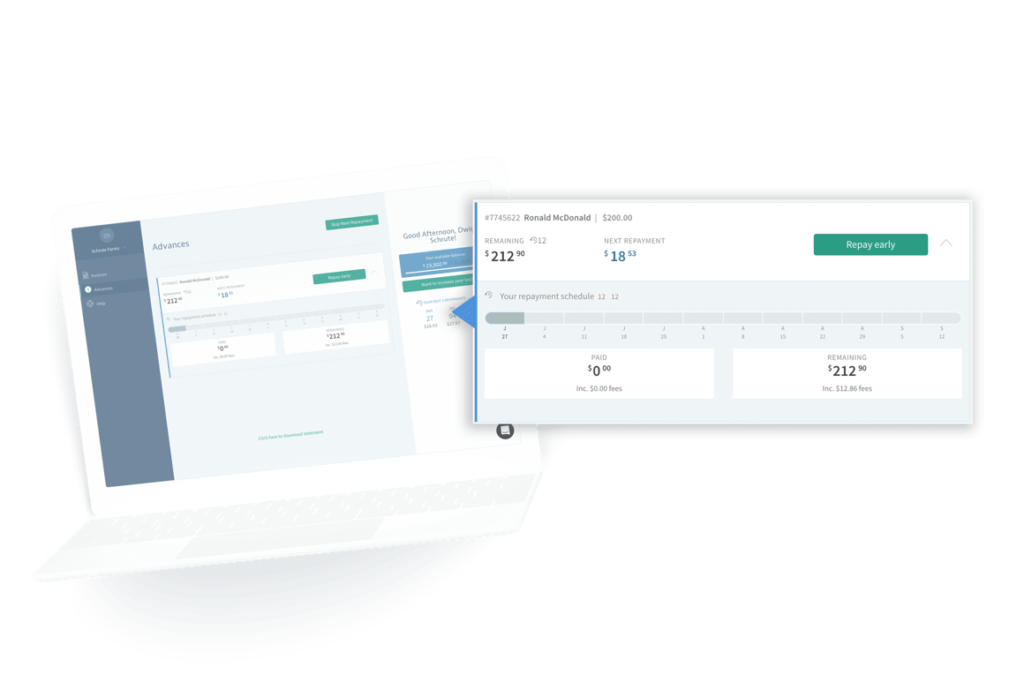

When choosing an invoice factoring company, consider the type of service your business needs. What types of factoring services do they offer? To help you better choose the type of factoring company that is right for you, here are eight questions to ask while exploring your options. Even if you choose to pledge them instead, the terms, factor rates, and funding speed matter directly to you. You do not want someone who is unprofessional representing your business to customers. If you sell your invoices directly, the factoring company will be collecting on them. Equally as important to accessing capital is choosing the right financing provider partner. Rent payments and payroll come due even if a major customer has not paid their bill. Working capital is essential for small businesses to maintain operations and overcome cash flow gaps.

After the customer pays the outstanding invoice, you receive a “rebate” for the balance of the funds, minus the factor’s fee.Now that you do not have to wait for the customer to pay, you can pay employees, pay your bills, or buy materials and inventory.The factoring company advances money, typically between 70-90% of the value of the invoice.Once you have issued an invoice, you can sell it to the factoring company, even if it is not past due.After delivering the product or service to your customer, you issue an invoice with net terms.There are usually three parties involved in a factoring transaction your business or the invoice issuer, your business’ customer or the business that owes payment on the invoice, and the factoring company that supplies the cash. Once your customer eventually pays the invoice in full, the factoring company sends you the remainder of the invoice less a fee. For an invoice of $5,000, you could receive $3,500. To hedge their risk, the factor pays the business owner 70 to 90 percent of the invoice’s total. If the factor agrees to work with you, you can then sell or pledge your outstanding invoices for working capital. The factor will likely want to see your past due invoices and may verify amounts owed and the creditworthiness of your customers. If the business owner pledges them as collateral, they are using them to secure a short-term loan and retain responsibility for collecting the balances owed.įirst, you have to decide which factoring company to work with, taking into account their reputation, the factor rate they charge, and how quickly they can fund your loan. The remaining balance is forwarded to the business when the customer pays their invoice, minus a fee.Īlso referred to as accounts receivable factoring, or ‘invoice financing,’ a small business owner either pledges the invoices as collateral or sells them outright. These companies, known as factor or factoring companies, buy invoices at a discount and then typically advance 70-90 percent of the invoice’s total value to the borrower. With invoice factoring, a business sells its accounts receivables, i.e., its invoices, to an external financing company. If you need access to capital quickly, you can get your invoices financed online and it just takes a minute to get started. It allows you to use the funds you have already earned to run and grow your business.

Instead of waiting weeks to receive payments on invoices, these businesses get paid quicker. Invoice Factoring is a form of financing that lets small and medium businesses take cash advances on their accounts receivables. The solution for many small business owners may be invoice factoring. Paying your rent late costs you a late fee, missing payroll could lose you key employees, or you might have to pass up opportunities to accept new customers or expand. Waiting for payment, especially if you offer longer 60 or 90-day payment terms to customers, can cause you to fall behind on your operating expenses. There is often a frustrating mismatch between when your rent comes due and when customers pay their invoices. Small business owners know that cash flow management is essential to keeping their doors open.


 0 kommentar(er)
0 kommentar(er)
